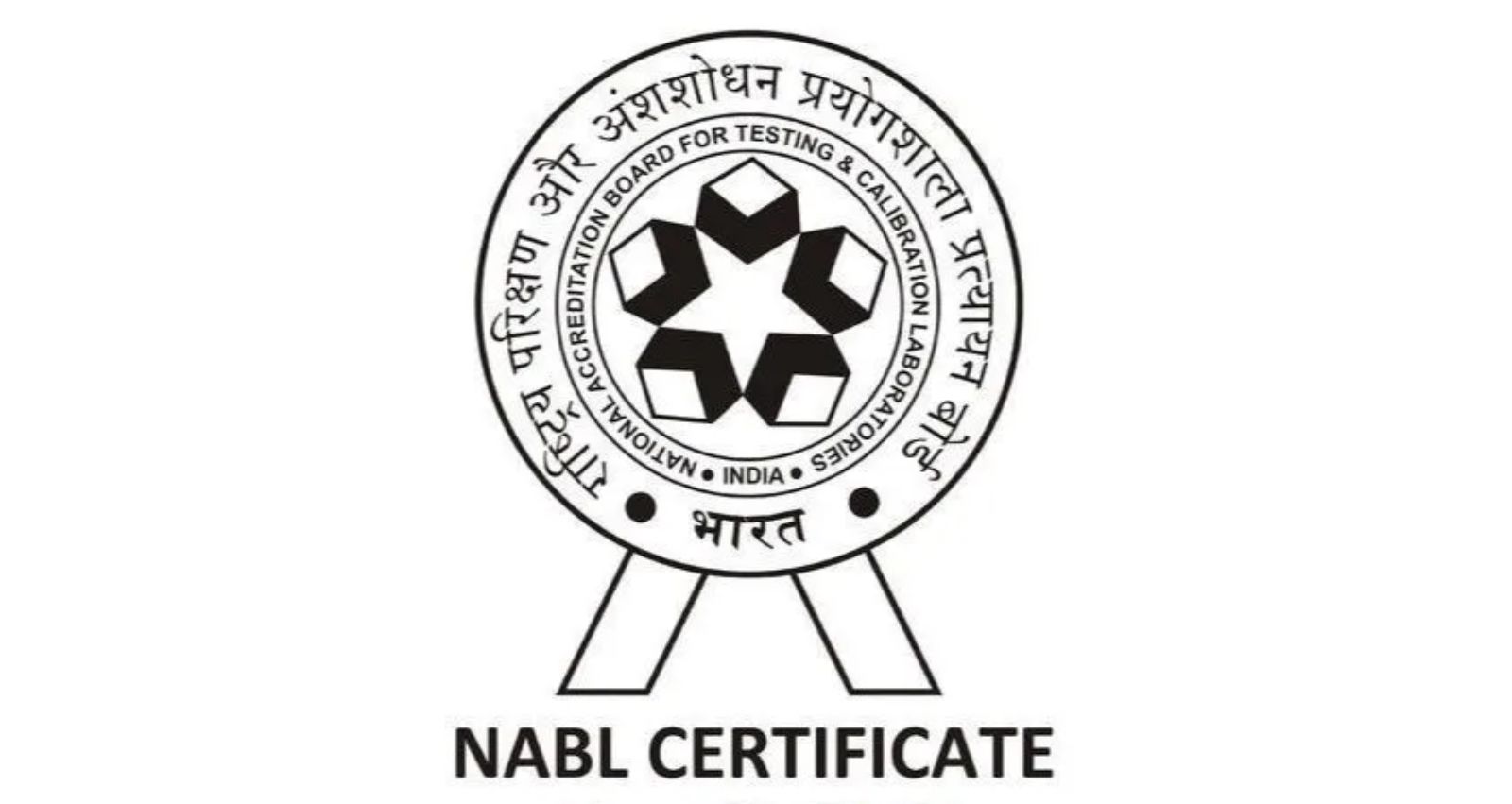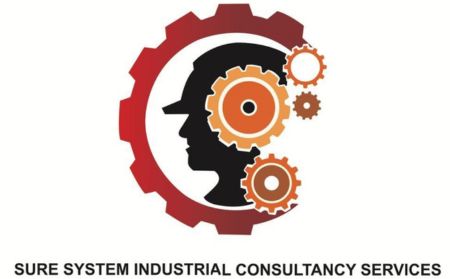
NABL Certification
NABL Certification, which stands for National Accreditation Board for Testing and Calibration Laboratories Certification, is a recognition granted to testing and calibration laboratories in India. It signifies that a laboratory has met specified international standards for competence, impartiality, and technical proficiency in its testing and calibration activities. Here are key points about NABL Certification:
- Objective: The primary objective of NABL Certification is to ensure the quality, reliability, and accuracy of testing and calibration services provided by laboratories. It helps build trust in the results generated by these laboratories.
- Independence: NABL is an autonomous body under the aegis of the Indian government’s Department of Science and Technology (DST). It operates independently to assess and accredit laboratories based on international standards.
- International Recognition: NABL accreditation is recognized internationally through mutual recognition agreements (MRAs) with accreditation bodies in other countries. This recognition facilitates global acceptance of testing and calibration reports issued by NABL-accredited laboratories.
- Scope of Accreditation: NABL accreditation is granted for specific scopes of testing and calibration activities within a laboratory. Laboratories seeking accreditation must demonstrate competence in those specific areas.
- Assessment Process: To obtain NABL Certification, a laboratory undergoes a rigorous assessment process conducted by NABL assessors. This process involves an evaluation of the laboratory’s management system, personnel competence, equipment, test methods, and quality control processes.
- Compliance with Standards: Laboratories seeking NABL Certification must comply with relevant international standards, such as ISO/IEC 17025 for testing laboratories and ISO/IEC 17025 for calibration laboratories. These standards outline the requirements for competence in laboratory operations.
- Continuous Improvement: NABL-accredited laboratories are encouraged to continuously improve their testing and calibration processes and maintain ongoing compliance with standards.
- Benefits: NABL Certification offers several benefits, including improved credibility and acceptance of test or calibration results, increased market access, enhanced customer confidence, and competitive advantages in tenders and contracts.
- Industry Applications: NABL Certification is relevant to a wide range of industries, including manufacturing, healthcare, environmental testing, food and beverage, and more.
- Validity: NABL accreditation is valid for a specific period and subject to regular surveillance and reassessment to ensure that the accredited laboratory maintains its technical competence and quality standards.
NABL Certification is significant for laboratories involved in critical testing and calibration activities, as it provides assurance of their technical competence and adherence to international quality standards. It is particularly important for industries where the accuracy and reliability of testing and calibration results are essential for decision-making, safety, and compliance with regulatory requirements.
